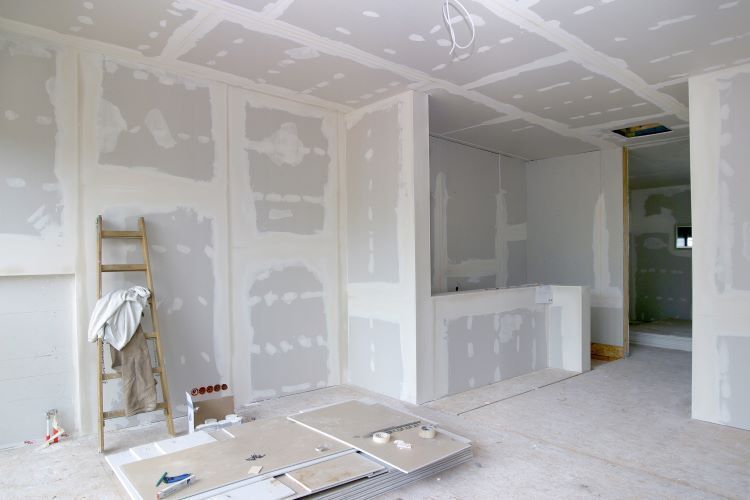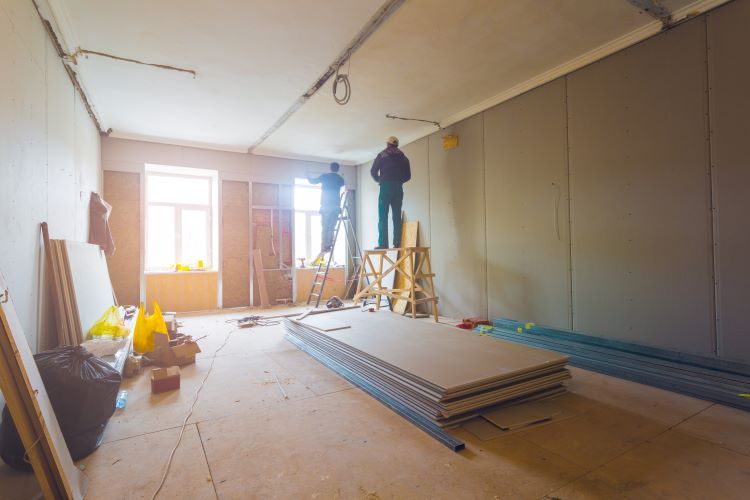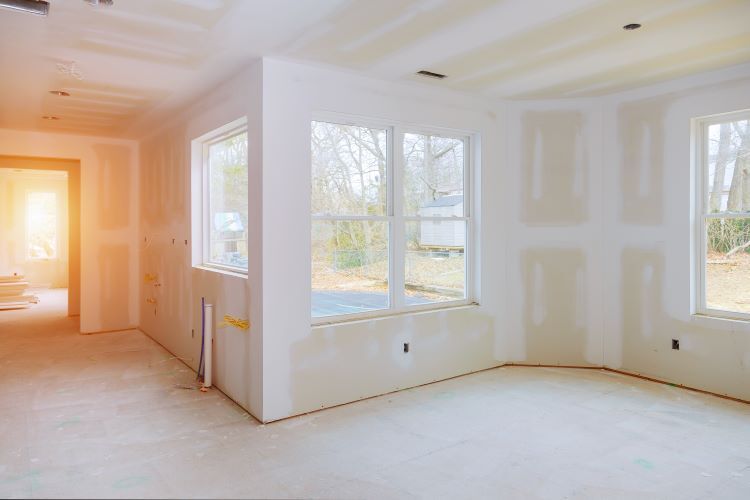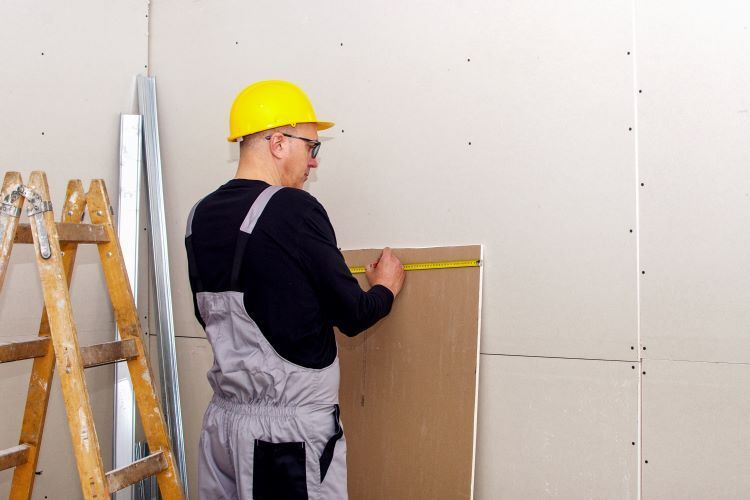Choosing the Right Drywall for Your Basement

When it comes to finishing your basement, choosing the right materials is crucial. The basement presents unique challenges due to its environment—prone to moisture, temperature fluctuations, and the potential for mold growth. Drywall is a popular choice for basement walls and ceilings because it’s versatile, cost-effective, and relatively easy to install. However, not all drywall is created equal, and selecting the right type can make a big difference in the durability and comfort of your space. In this guide, we'll explore the different types of drywall and how to choose the best one for your basement.
Understanding the Challenges of Basement Drywall
Before diving into the types of drywall, it’s important to understand the specific challenges that basements present:
- Moisture: Basements are more susceptible to moisture due to their location below ground level. Water can seep through foundation walls or come from leaks, leading to potential water damage and mold growth.
- Temperature Fluctuations: Basements can be cooler and more humid than the rest of the house, which can affect the materials used in finishing.
- Mold Growth: High humidity and the presence of moisture can create an environment where mold thrives, which can be harmful to both your home and your health.
Given these challenges, it’s essential to choose drywall that can withstand these conditions.
Types of Drywall for Basements
Here are the main types of drywall to consider for your basement:
1. Standard Drywall
Standard drywall, also known as regular drywall, is the most common type used in residential construction. It’s made of a gypsum core encased in paper and is available in various thicknesses, typically 1/2 inch for walls and 5/8 inch for ceilings. While standard drywall is the most affordable option, it’s not the best choice for basements due to its lack of moisture resistance.
2. Moisture-Resistant Drywall (Green Board)
Moisture-resistant drywall, often referred to as green board because of its green paper facing, is designed to resist moisture better than standard drywall. It’s treated with water-resistant additives, making it more suitable for damp environments like basements. However, it’s not completely waterproof and should be used in combination with other moisture control measures.
3. Mold-Resistant Drywall (Purple Board)
Mold-resistant drywall is specifically designed to resist mold and mildew growth. It has a non-organic facing material that prevents mold from forming, making it an excellent choice for basements where humidity levels are higher. Mold-resistant drywall is often used in conjunction with moisture-resistant drywall to provide a higher level of protection.
4. Fire-Resistant Drywall (Type X)
While fire resistance may not be the first consideration for basements, it’s still important in certain situations. Fire-resistant drywall, or Type X drywall, is thicker and denser than standard drywall and contains fiberglass to help it withstand high temperatures. This type of drywall can be a good option if your basement will be used as a living space or home office.
5. Soundproof Drywall
If you plan to use your basement as a home theater, music studio, or living area, soundproof drywall can help reduce noise transmission between floors. This type of drywall is denser and includes additional sound-dampening materials, making it ideal for creating a quiet and peaceful space.
Factors to Consider When Choosing Drywall for Your Basement
When selecting drywall for your basement, consider the following factors:
1. Moisture Control
Moisture is the biggest challenge in basements, so prioritize moisture-resistant and mold-resistant drywall. Installing a vapor barrier behind the drywall can also help protect against moisture intrusion.
2. Room Usage
Consider how you plan to use the basement. If it’s primarily for storage, standard or moisture-resistant drywall may suffice. However, if you’re creating a living space, soundproof and mold-resistant drywall are better options.
3. Installation
Drywall installation in a basement can be more complex due to the need for moisture barriers and proper sealing. It’s often best to hire professionals who are experienced with basement renovations to ensure a high-quality finish.
4. Budget
While moisture-resistant and mold-resistant drywall are more expensive than standard drywall, they offer long-term benefits by preventing costly repairs and ensuring a healthy living environment.
Conclusion
Choosing the right drywall for your basement is essential for creating a durable, comfortable, and safe space. At Saskatoon Drywallers, we understand the unique challenges of basement finishing and offer a range of drywall solutions tailored to your needs. Whether you’re converting your basement into a family room, home office, or entertainment area, we can help you select the best materials and ensure a flawless installation.
Contact us today to learn more about our services and how we can assist with your basement renovation project.
You might also like


